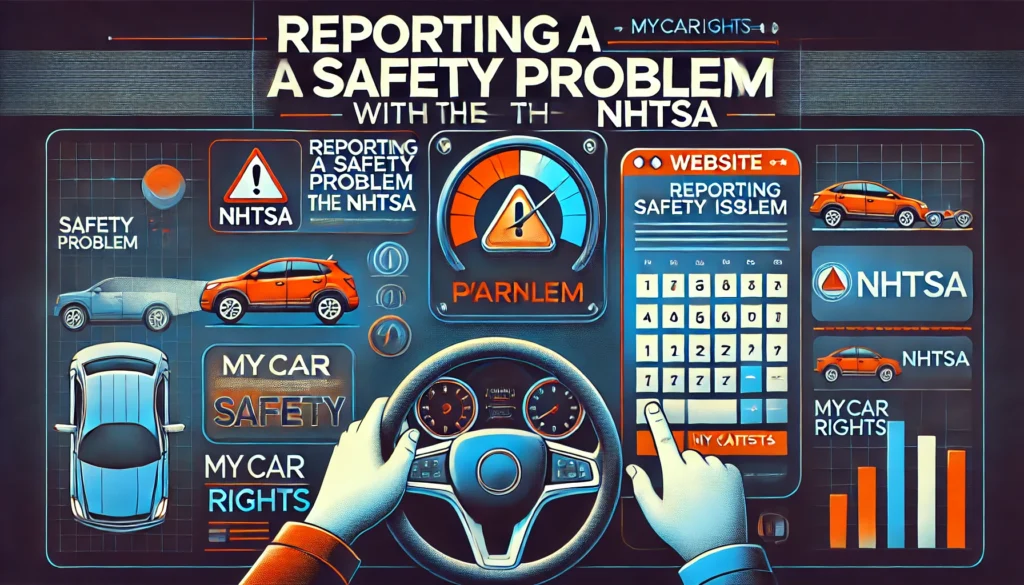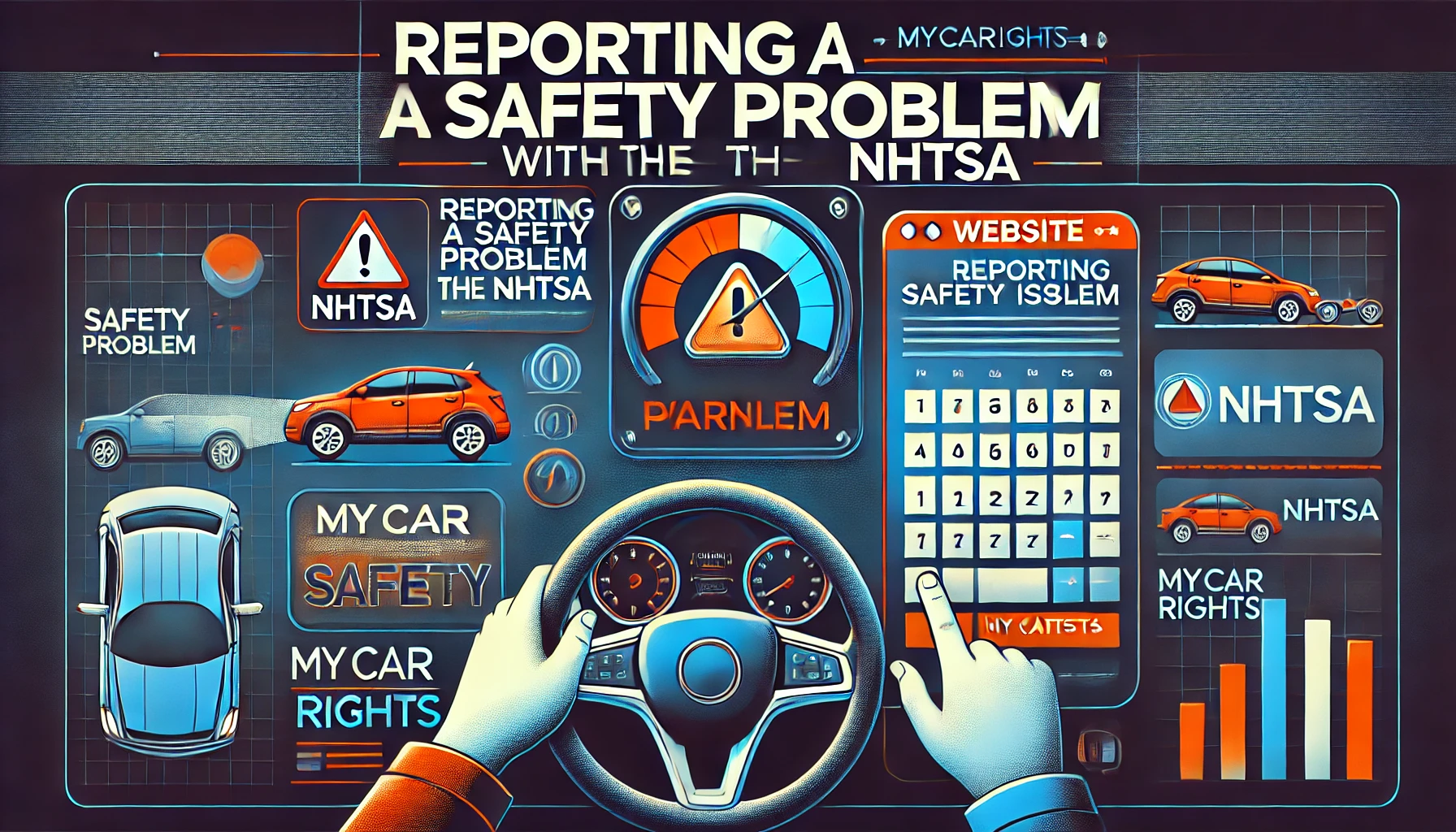
While reporting a safety problem to the NHTSA is essential for protecting public safety, lemon law protections may also apply to your specific situation. Lemon laws exist to protect consumers who have purchased a vehicle that turns out to be defective. These laws vary by state, but they generally cover:
- New vehicles: Most state lemon laws apply to new vehicles that have substantial defects.
- Repeated repairs: If a vehicle manufacturer has had several opportunities to repair the defect, and it still persists, the vehicle may qualify as a lemon.
- Out-of-service time: Some states require that the vehicle has been out of service for a certain number of days due to repairs.
When a Safety Issue Qualifies Under Lemon Law
If the safety issue you’ve reported to the NHTSA leads to multiple unsuccessful repair attempts by the manufacturer, you may be eligible to pursue compensation or a replacement under your state’s lemon law. Here’s how a lemon law might be triggered:
- Recurring safety defects: If a safety-related defect (like brake failure or steering problems) remains unresolved after multiple repairs, the vehicle may be considered a lemon.
- Dangerous defects: Some states have specific provisions for serious safety defects, requiring fewer repair attempts before the vehicle qualifies as a lemon.
- Time out of service: If your vehicle has been out of commission for an extended period due to attempts to fix a safety problem, this time might count toward lemon law requirements.
Steps to Take if Lemon Law Applies
If you believe your vehicle qualifies as a lemon, here’s what to do:
- Document everything: Keep detailed records of all repairs, including dates, descriptions of the problem, repair orders, and any correspondence with the dealer or manufacturer.
- Notify the manufacturer: Most state laws require you to formally notify the vehicle manufacturer and give them an opportunity to resolve the issue.
- File a lemon law claim: If the problem persists, you may be able to file a lemon law claim. Each state has specific procedures, but you typically need to prove that your vehicle meets the state’s lemon law criteria.
NHTSA and Lemon Law: Working Together for Vehicle Safety
Reporting your safety problem to the NHTSA is crucial for broader public safety, as it helps identify widespread issues. However, when it comes to getting compensation or a vehicle replacement for your individual situation, the lemon law can be your personal safety net.
By reporting your safety issue, you help others who may experience the same problem, and by invoking the lemon law, you can protect yourself from the financial burden of owning a defective vehicle. In summary, when dealing with a safety problem in your vehicle:
- Report the issue to NHTSA to contribute to national safety monitoring and recall processes.
- Consider your rights under the lemon law, especially if the issue is recurring or hasn’t been properly fixed after multiple attempts.

Leave a Reply